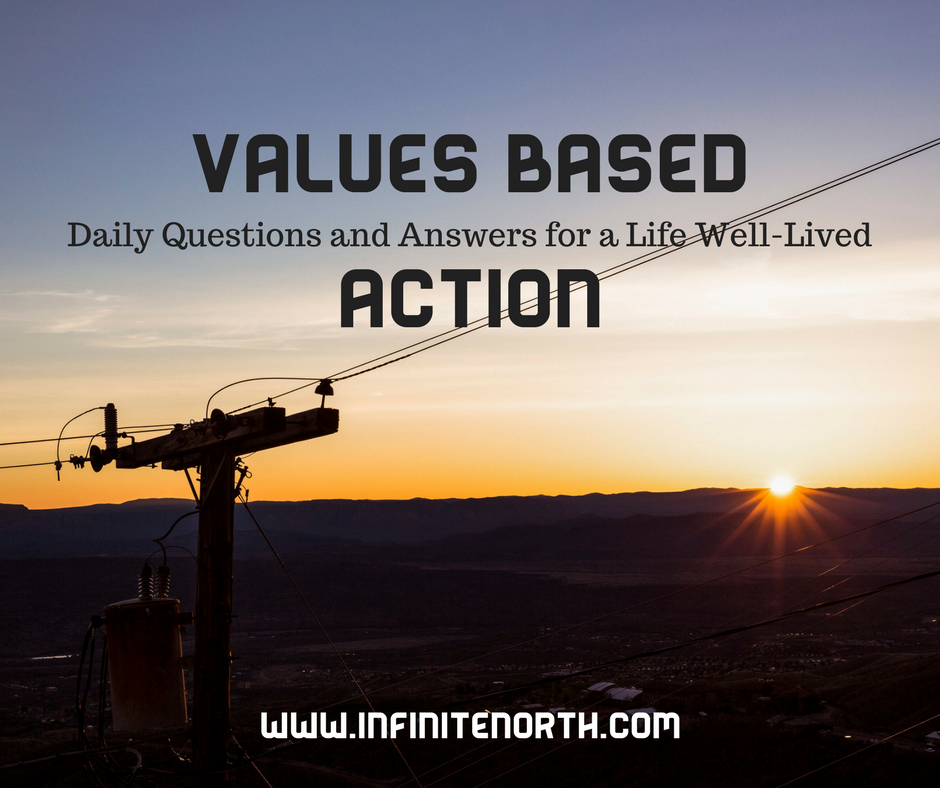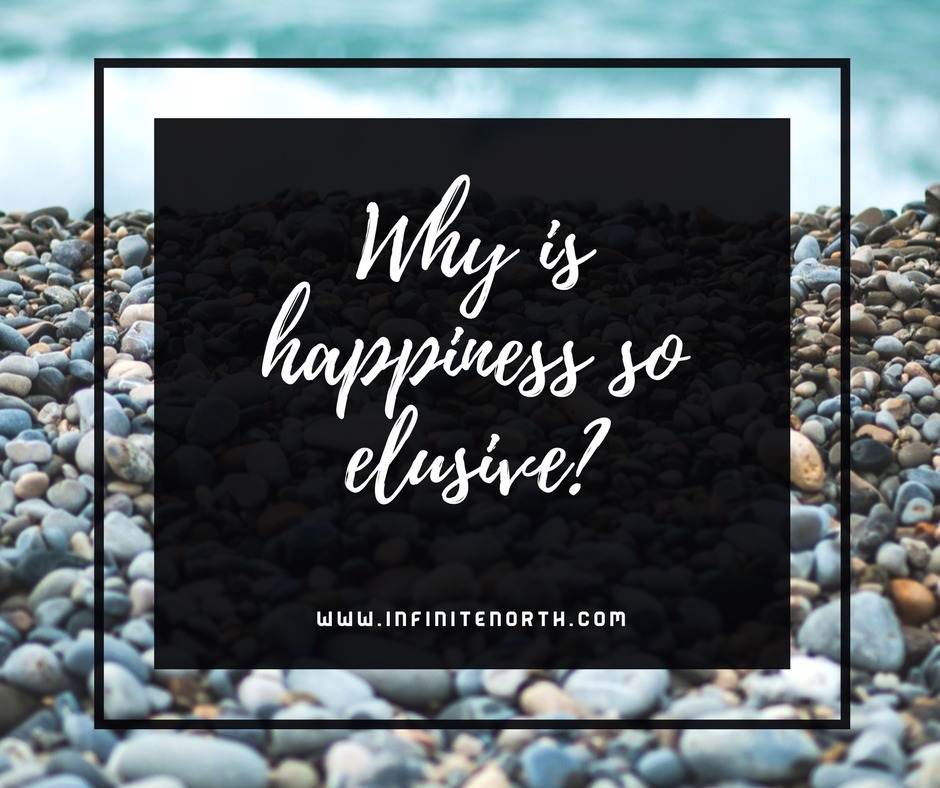It’s been a while since the last blog post, and I’m planning on tightening up the time between submissions. More wisdom is on it’s way.
Everyday provides endless opportunities to live the life we want to live, but we’ve got to paying attention, and be prepared to take advantage when an opportunity presents itself. With that in mind, I want to provide a decision making strategy that can be applied anywhere and anytime. When you’re making decisions mindfully (and hopefully most of the time you are), it requires intentional questions and answers in each moment.
- Where will I choose to focus my attention?
- What will I say in response to that greeting?
- What tooth will I brush next?
- What am I tasting right now?
With all those questions and choices, how can we know which path to follow? It’s easy to fall into a pattern of looking for the ‘right’ or ‘wrong’ path, but that’s an oversimplification and introduces unnecessary judgment. Instead you can ask, “How will this choice help me move toward my values?” or “What behavior would I be engaging in if I were behaving in alignment with my values?”
Through the course of any day, the more closely we can align our choices and behaviors to our values, the better off we’re going to be. It minimizes guilt, regret, shame, self-criticism, and judgment. It maximizes healthy pride, self-efficacy, contentment, and personal growth. It allows us to live our life based on the things that are most important to us. If you’re not sure how to define your values, you can take an initial step by downloading and printing this values clarification worksheet. Rate all the values on the worksheet as either very important, somewhat important, or not important. Once you’ve identified all the values that are very important to you, narrow those down to your top ten.
By using your top ten values to make decisions, you’re sure to find yourself on a more fulfilling path in life.



